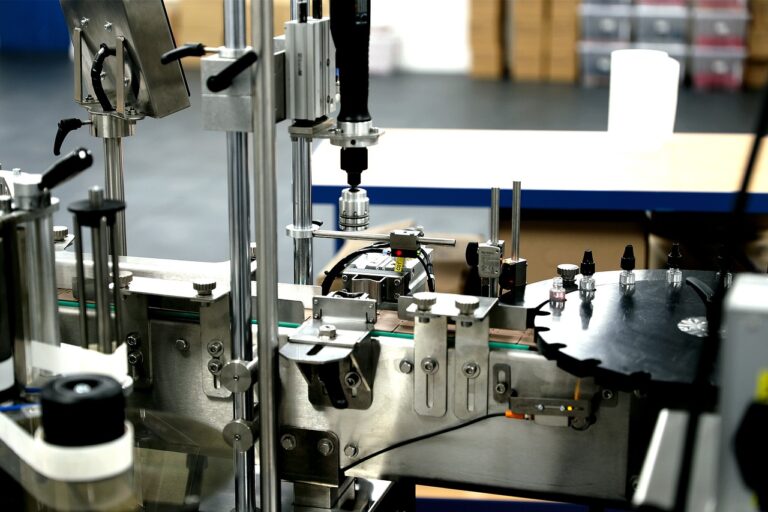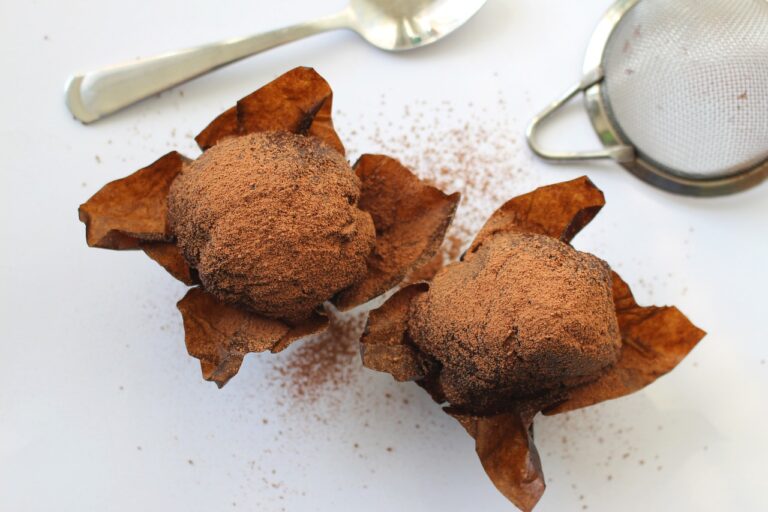The Role of Mycorrhizal Fungi in Sustainable Agriculture: Improving Crop Yields and Soil Health: Cricbet99.win register, Sky 99 exch, Reddy book club
cricbet99.win register, sky 99 exch, reddy book club: Mycorrhizal fungi are a crucial component of sustainable agriculture, playing a vital role in improving crop yields and soil health. These beneficial fungi form a symbiotic relationship with plant roots, providing a range of benefits that help plants better absorb nutrients and water from the soil. Let’s delve deeper into the role of mycorrhizal fungi in sustainable agriculture and how they can benefit both farmers and the environment.
Enhancing Nutrient Uptake
One of the primary benefits of mycorrhizal fungi is their ability to enhance nutrient uptake in plants. These fungi form a network of hyphae that extend far beyond the reach of plant roots, allowing them to access nutrients that plants would otherwise be unable to reach on their own. This increased nutrient uptake can lead to healthier, more robust plants with higher yields.
Improving Soil Structure
Mycorrhizal fungi also play a significant role in improving soil structure. By forming a network of hyphae throughout the soil, these fungi help to create channels that improve soil aeration and water retention. This can lead to better soil health, reduced erosion, and improved water infiltration, ultimately benefiting both crops and the environment.
Reducing the Need for Chemical Fertilizers
One of the key advantages of mycorrhizal fungi is their ability to reduce the need for chemical fertilizers. By enhancing nutrient uptake in plants, these fungi can help reduce the amount of fertilizers needed to achieve optimal crop growth. This not only saves farmers money but also reduces the environmental impact of chemical fertilizers on soil and water quality.
Increasing Resistance to Disease and Pests
Mycorrhizal fungi have also been shown to increase plant resistance to disease and pests. By improving overall plant health and vigor, these fungi can help plants better defend themselves against pathogens and pests, reducing the need for chemical pesticides. This can lead to healthier crops and a more sustainable farming system.
Promoting Biodiversity
By enhancing nutrient uptake and soil health, mycorrhizal fungi can also promote biodiversity in agricultural ecosystems. A diverse soil microbiome, including mycorrhizal fungi, can help create a more resilient and sustainable farming system that is less reliant on external inputs.
Overall, mycorrhizal fungi play a crucial role in sustainable agriculture by improving crop yields, soil health, and overall ecosystem resilience. By harnessing the power of these beneficial fungi, farmers can reduce their environmental impact, increase their profitability, and create a more sustainable food system for future generations.
FAQs
Q: How do mycorrhizal fungi form a symbiotic relationship with plants?
A: Mycorrhizal fungi form a symbiotic relationship with plants by attaching to plant roots and exchanging nutrients with the plant in exchange for sugars produced through photosynthesis.
Q: Can mycorrhizal fungi benefit all types of crops?
A: Yes, mycorrhizal fungi can benefit a wide range of crops, including fruits, vegetables, grains, and even ornamental plants.
Q: How can farmers introduce mycorrhizal fungi into their fields?
A: Farmers can introduce mycorrhizal fungi into their fields through inoculants, which are typically applied to seeds or soil during planting.
Q: Are there any downsides to using mycorrhizal fungi in agriculture?
A: While mycorrhizal fungi offer numerous benefits, they may not be suitable for all agricultural practices or soil types. It’s essential to understand your specific growing conditions before incorporating mycorrhizal fungi into your farming system.







